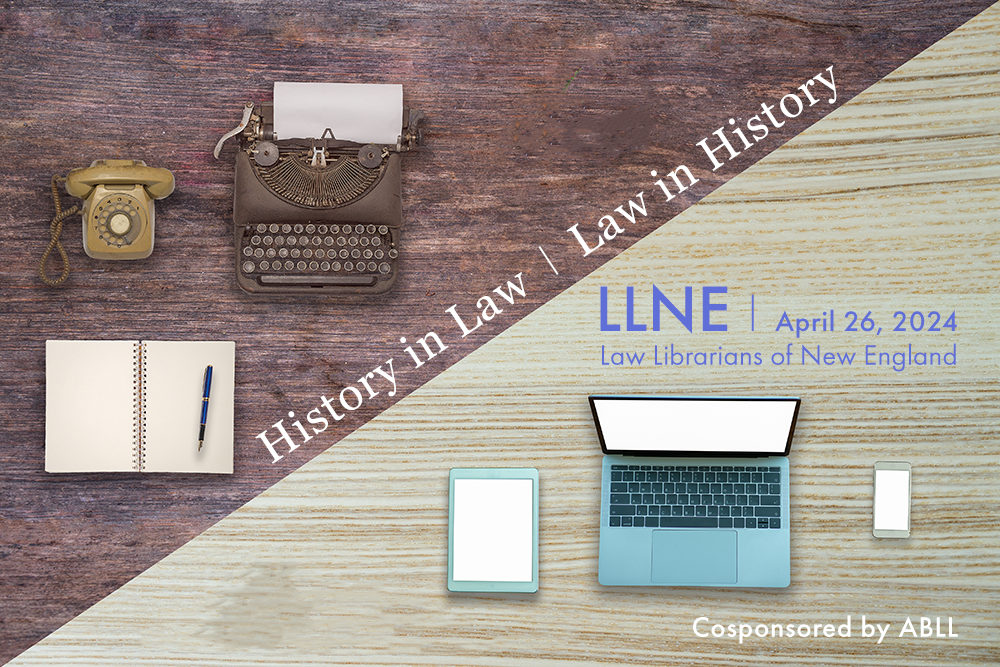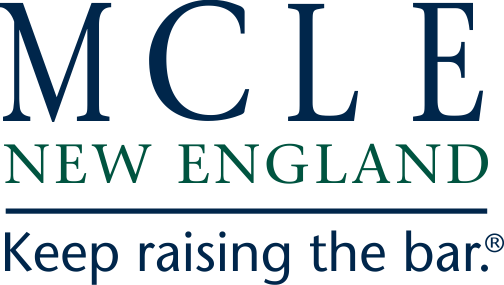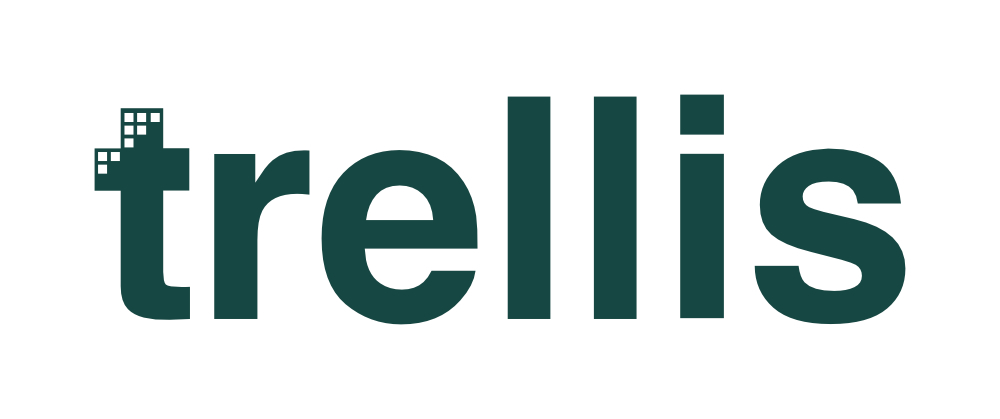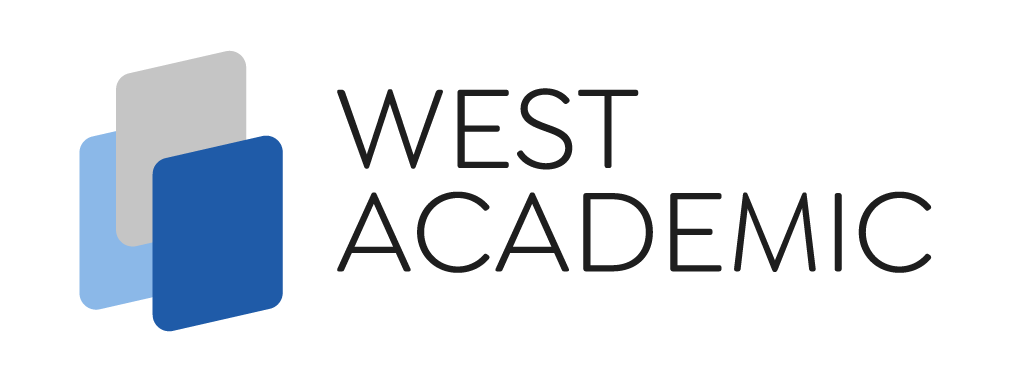
Presented by ABLL and LLNE
Morning Session:
Professor Akhil Reed Amar, Sterling Professor of Law and Political Science at Yale Law School.
Hon. Scott L. Kafker, Associate Justice, Massachusetts Supreme Judicial Court.
Professor Amar is a renowned legal historian and constitutional-law scholar who has been cited by U.S. Supreme Court justices in more than 45 cases. His most recent book, The Words That Made Us: America’s Constitutional Conversation: 1740-1860, is the first of a three-volume chronicle tracing the development of the country’s most compelling—and often contentious and polarizing—constitutional doctrines.
Justice Scott Kafker was elevated to the Massachusetts Supreme Judicial Court in 2017 after serving two years as Chief Justice of the Massachusetts Appeals Court. He also taught state constitutional law at Boston College Law School from 2009 to 2015.
Professor Amar will explore the use and misuse of history in justifying U.S. Supreme Court decisions, at a time when the current conservative majority is widely criticized for upending and destabilizing decades of settled constitutional doctrine, and narrowing individual rights.
Justice Kafker will discuss his highly-praised article, State Constitutional Law Declares Its Independence: Double Protecting Rights During a Time of Federal Constitutional Upheaval, 49 Hastings Const. L.Q. 115 (2022), that cites the historical roots of “federalism” and challenges state supreme courts to counter the U.S. Supreme Court by conducting their own independent analysis of the text, history and purpose of their unique state constitutions, in order to protect individual rights beyond federal protections found in analogous provisions of the U.S. Constitution.
“For our federalist system to function as it was designed, for our American constitutional rights to be fully protected, for those rights to continue to thrive and survive the tests of changing times,” Justice Kafker warns, “state courts must step up and out of the shadow of the U.S. Supreme Court when interpreting their own constitutions.”
Afternoon Session: Segment I
The State of Legislative History in New England
Christine Dulac, Research & Knowledge Analyst at Bernstein Shur and Adjunct Legal Research Professor at the University of Maine School of Law.
Lindsay Koso, Research & Instructional Services Librarian at Roger Williams School of Law.
John Nann, Senior Librarian for Research, Instruction, and Collection Development at Yale Law School.
April Pascucci, Legislative Reference Librarian at the State Library of Massachusetts.
Mary Searles, Law Librarian at the New Hampshire Law Library.
Angela Valentinetti, Deputy Director at Vermont State Archives and Records Administration
Social Law’s Reference Attorneys Jessica Jones and Brian Harkins recruited a panel of experts from around New England to provide a bird’s eye view of how to assemble and use legislative histories on a state-by-state level. Through a moderated Q&A session, the panel will cover the basics of what is (and isn’t) a legislative history; the differences between state and federal legislative histories; the type and location of usual and unusual resources to compile legislative histories; various ways legislative histories are useful; and managing patrons’ expectations. The panel will provide researchers with the general knowledge needed to effectively understand and outline their research goals.
Handouts with links and practical tips for performing legislative histories in each state will be available for attendees.
Afternoon Session: Segment II
Decoding Law’s Canon: Preservation Problems in the Digital Age
A status report by members of
NELLCO’s Print-to-Electronic Standing Committee
David Walker, Associate Professor; Director, Schaffer Law Library, Albany Law School.
Caroline Walters, Manager of Collection Development, Harvard Law School Library.
In a publishing world increasingly dominated by digital content, earlier editions of legal treatises are not presently archived on most database platforms. When newer editions of major treatises are published electronically, the older electronic editions are often not available or require a totem pole of additional subscription fees to retain each prior edition. Since online treatises are continually updated, locating earlier iterations of such fluid texts also becomes problematic.
The NELLCO Print-to-Electronic Standing Committee has been studying these and other perplexing and costly challenges to the preservation of, and citation to, contemporary legal scholarship; challenges that hinder the work of both today’s practitioners and future historians. This session will provide a status report of their findings, including the highlights of a major law-librarian survey, and take-aways from their meetings with various publishers.
A special thank you to our sponsors!






“The history of what the law has been is necessary to the knowledge of what the law is.”
Oliver Wendell Holmes, Jr.
The Common Law (1881)